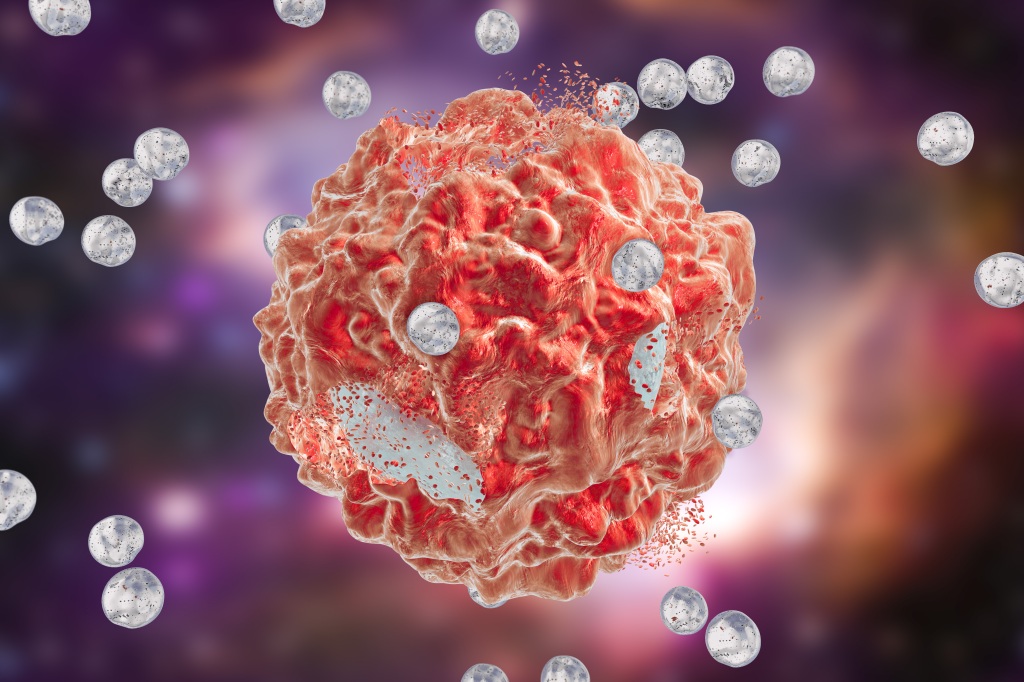Each day we make hundreds of choices and decisions regarding our health and safety.
If there’s one thing I learned in the year 2020 it is that every human being has a different risk tolerance. Everyone on this planet has a unique set of personal scales and internal measurements when it comes to assessing the risk of any given action versus the benefit or reward of it. Each person has their own fears, neurotic tendencies and defense mechanisms. Every individual is as distinct as a snowflake when it comes to Risk Management.
Welcome to Risk Management where in the real world there is little conformity among billions of inquiring minds!

Looking back, I realize that my first lesson in risk management (risk vs. reward) occurred when I was 10 years old. While riding my shiny new Huffy ten-speed bicycle, I took a turn too quickly and hit a patch of sand. This resulted in my crashing to the asphalt and receiving my first, full arm road rash. I suddenly understood that risky actions can sometimes lead to unpleasant consequences. I soon realized that I had to improve my bike handling skills and look out for hazards in the road in order to be safe and prevent bodily injury.
The risk of crashing aside, my passion and love of bike riding has continued throughout my adult life as I pursued numerous criterium, cyclocross, track, road and mountain bike races. All of these events had a high of level of risk for injury but my desire to have the thrilling reward outweighed my concerns. I was willing to take my chances knowing that I had prepared, trained and did what I could to mitigate bodily harm. I always wore a high quality helmet to protect my head but that didn’t help when I faceplanted onto a rock in the mountains of southern California. The helmet didn’t do much when I crashed in the final turn of a road races and got run over by the rider behind me. If you race bikes enough, you will crash but that is the risk that many people take for the reward of the experience.
The importance of the rewards and/or benefits of an activity also varies greatly among people. No one has the exact same set of values.
I, like many cyclists, have modified my bike riding patterns to account for the increased risk of getting hit by a vehicle on the road. To save my skin and bones, I primarily ride on dirt paths on my mountain bike, far away from distracted drivers. At least the rocks and cacti are stationary and don’t come up behind me at 80 mph!

At this point you may be asking, what does Brenda’s story about biking riding have to do with the decision to take the COVID-19 vaccine?
Why am I comfortable with the decision to take a newly developed vaccine that only has Emergency Use Authorization (EUA) from the FDA?
It’s simple. It’s Risk Management.
Based on my experience and background in Biochemistry studies in college, jobs in clinical research/pharmaceutical companies and recent investigation and inquiry on the messenger RNA (mRNA) vaccine, I am making the best-informed decision for myself.
In a nutshell, below are the main reasons why I plan to take the new vaccine once available to me:
- I want to be able to travel and visit my family without worrying about contracting and spreading the virus.
- Messenger RNA has been studied and worked on for many decades and holds the potential to revolutionize vaccination.
- The delivery mechanism of the mRNA using a Lipid Nano Particle (LNP) is way cool.
- The immune response that is being enhanced is targeted for the specific spike protein on the “business end” of the SARS-CoV-2 (COVID-19) virus.
- The COVID-19 virus is unpredictable and contracting the disease can result in unknown and longer-term effects that are not fully understood at this point.
- The effects of revving up my immune system to defend against this novel virus is controlled and short lived. I’ll take 24 hours of unpleasant discomfort over 5-10 days of uncertain outcomes.
- The FDA clinical research phases that were accelerated were primarily bureaucratic waste/red tape and the extended times it normally takes to enroll people into the clinical trial (phases 1 and 2).
- The Pfizer and Moderna phase 3 trials were controlled, randomized and double-blinded studies with over 41.000 and 30,000 participants respectively.
So whether it’s the decision to ride a bicycle on the road, go to the holiday party, wear a mask or take the newly developed COVID-19 vaccine, we all need to weigh the risks and the benefits of our choices.
How much risk you are willing to take is a very personal calculation based on your unique circumstances, fears and desires. Only you can make the determination regarding what is most important to you.
I encourage you to actively research and study on as many neutral, science-based sites and publications as you can find in order to fully understand the biology, the history and the implications of taking the new vaccine.
Listen to a wide range of medical, clinical research and industry professionals to get all sides of the story before you run the information through your personal Risk Management filter.
And lastly, follow your gut. I have found that the little voice inside your head that instinctively tells you what is safe and good is usually right.










